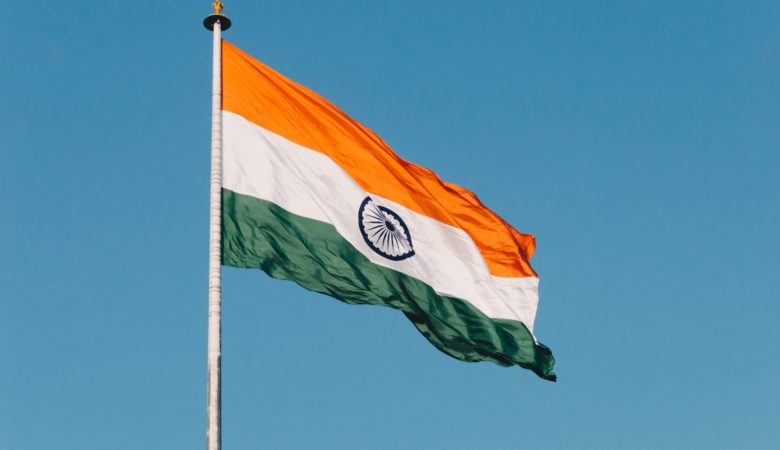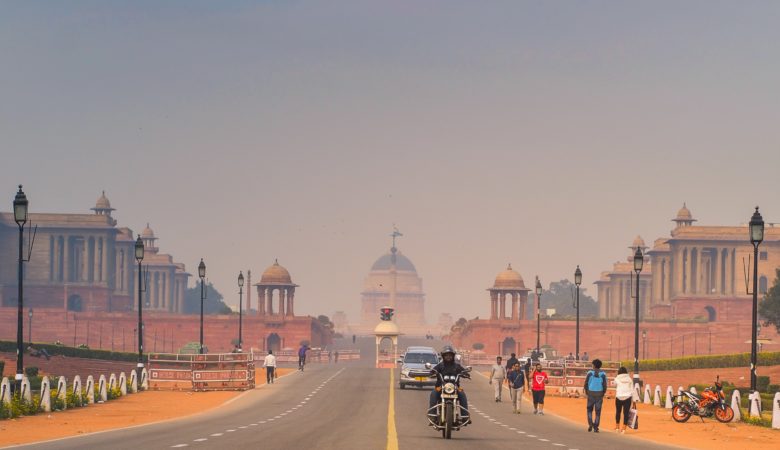Central Chronicle 17.10.2020
 There are famous lines from Pandit Jawahar Lal Nehruâs âdiscovery of Indiaâ wherein he narrates the story of innocent villagers whom he asked as to who is Bharat Mata. He narrates the incident in Pandit Nehruâs words as âSometimes as I reached a gathering, a great roar of welcome would greet me: Bharat Mata ki JaiâVictory to Mother India. I would ask them unexpectedly what they meant by that cry, who was this Bharat Mata, Mother India, whose victory they wanted? My question would amuse them and surprise them, and then, not knowing exactly what to answer, they would look at each other and at me. I persisted in my questioning. At last a vigorous Jat, wedded to the soil from immemorial generations, would say that it was the dharti, the good earth of India, that they meant. What earth? Their particular village patch, or all the patches in the district or province, or in the whole of India? And so question and answer went on, till they would ask me impatiently to tell them all about it. I would endeavour to do so and explain that India was all this that they had thought, but it was much more. The mountains and the rivers of India, and the forests and the broad fields, which gave us food, were all dear to us, but what counted ultimately were the people of India, people like them and me, who were spread out all over this vast land. Bharat Mata, Mother India, was essentially these millions of people, and victory to her meant victory to these people. You are parts of this Bharat Mata, I told them, you are in a manner yourselves Bharat Mata, and as this idea slowly soaked into their brains, their eyes would light up as if they had made a great discovery.â
It was how the idea of India which was explained by Pandit Nehru. 73 years after independence this question of idea of India is still relevant in todayâs world. Freedom fighters who fought for our motherland will be greatly pained at the present sight of affairs in country. They never dreamt of a country full of social and political strife with so many divisions. India which is a beauty in its heterogeneity is in painful state now. Itâs an enchanting story of 73 years as to how India has preserved its unity despite multiple set of differences. India a country of many caste, creed, color, religions, languages and cultures has marched ahead but the pace of integration has slowed down.
Actually its democracy which has kept our hope alive that gives us assurance that we can overcome any challenge provided we have unity, understanding and respect for each other. However the social and political divisions on ground are now getting more visible and gaps are widening by the day. Â Government of the day is not putting any effort to keep the flock together. Democracy and eternal values of India are in state of grave danger. People have distanced themselves so much from each other in the name of caste, color and religion that gap seems to be unbridgeable now.
The fear in peoples mind is weakening the roots of democracy. Gurudev Rabindranath Tagore had dreamt of India where mind was without fear. Given below is his iconic poem:
Where the mind is without fear and the head is held high
Where knowledge is free
Where the world has not been broken up into fragments
By narrow domestic walls
Where words come out from the depth of truth
Where tireless striving stretches its arms towards perfection
Where the clear stream of reason has not lost its way
Into the dreary desert sand of dead habit
Where the mind is led forward by thee
Into ever-widening thought and action
Into that heaven of freedom, my Father, let my country awake.
The recent social tension, divisions and lack of trust among communities has caused immense stress in society. It appear that seeds of social division have been sown by selfish groups and there is heightened acrimony in the name of caste and religion.
MP Shashi Tharoor gave his idea of India as, âIt is the idea of an ever-ever land â emerging from an ancient civilisation, united by a shared history, sustained by pluralist democracy. Indiaâs democracy imposes no narrow conformities on its citizens. The whole point of Indian pluralism is you can be many things and one thing: you can be a good Muslim, a good Keralite and a good Indian all at once. The Indian idea is the opposite of what Freudians call âthe narcissism of minor differencesâ; in India we celebrate the commonality of major differences. If America is famously a âmelting-potâ, then to me India is a thali, a selection of sumptuous dishes in different bowls. Each tastes different, and does not necessarily mix with the next, but they belong together on the same plate, and they complement each other in making the meal a satisfying repast.â
Its pluralism which defines India and if it is threatened then India is no more liberal, democratic and forward looking country. Even after 73 years of independence we as people have not understood the essence of being an Indian. India truly is at cross roads now.
(Dinesh K Vohra & Dr. Sushma Gajapure âSudivâ are independent writers on economic and contemporary issues)




Leave a Reply